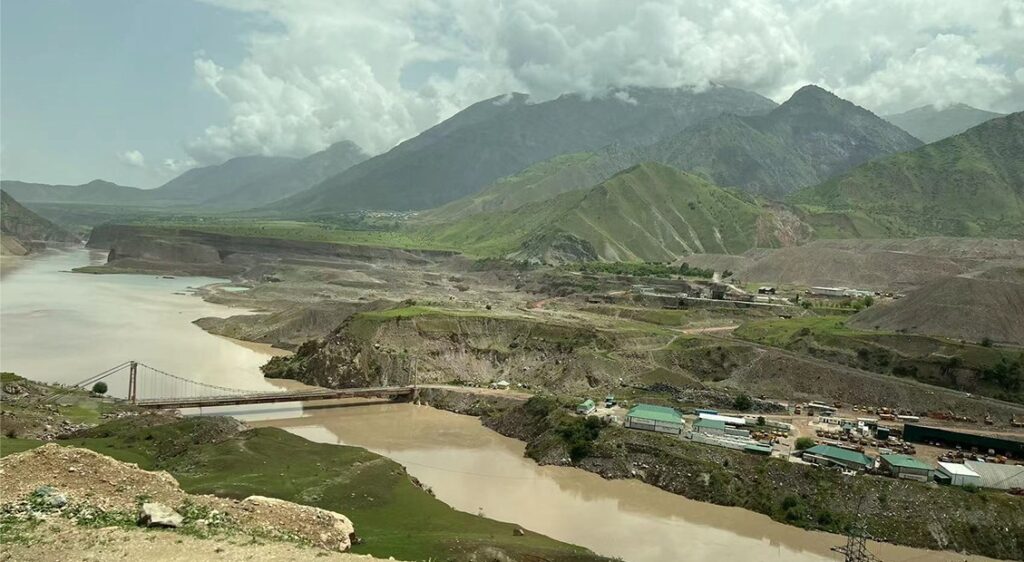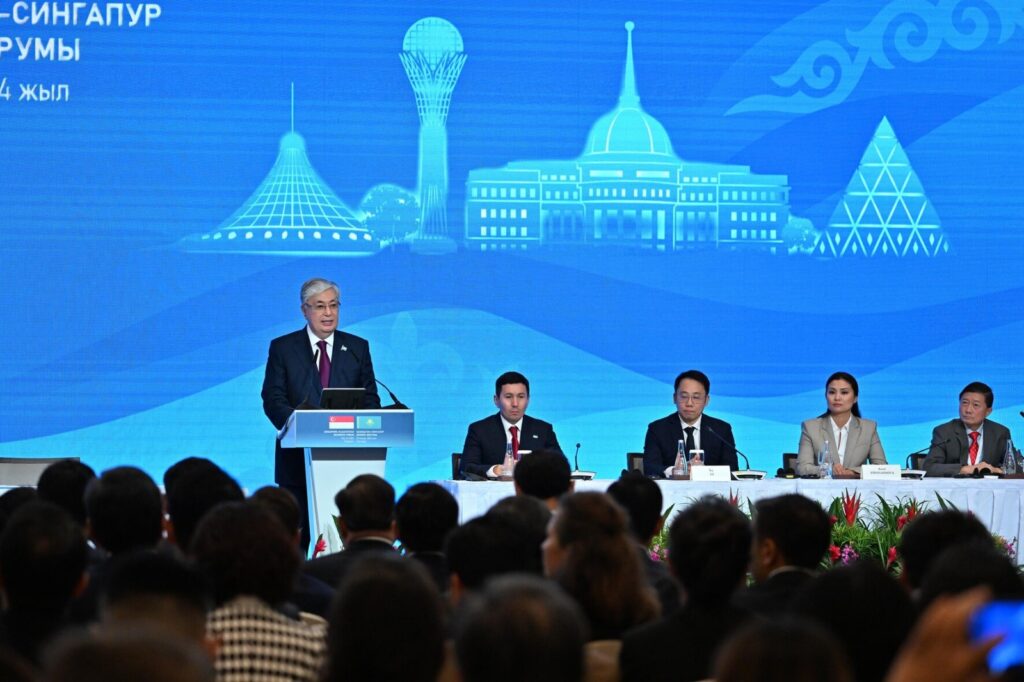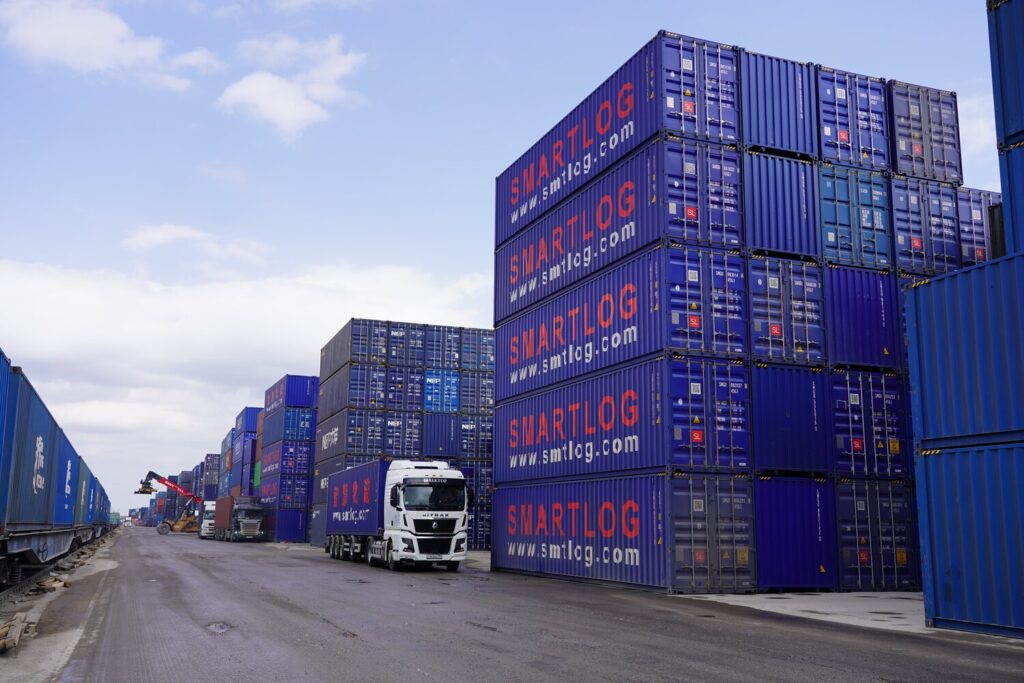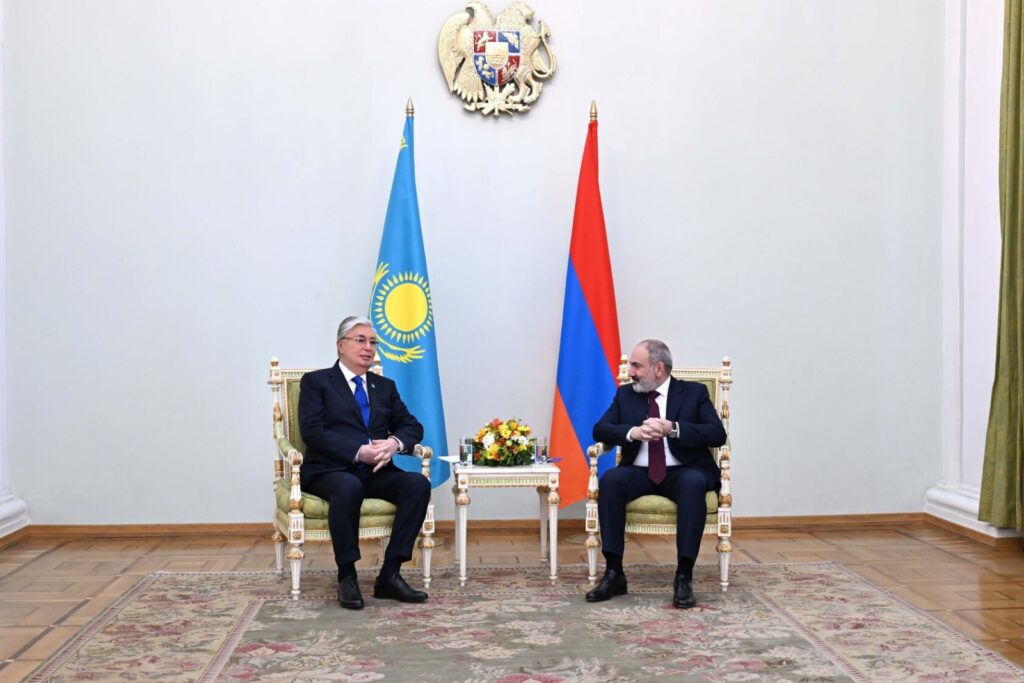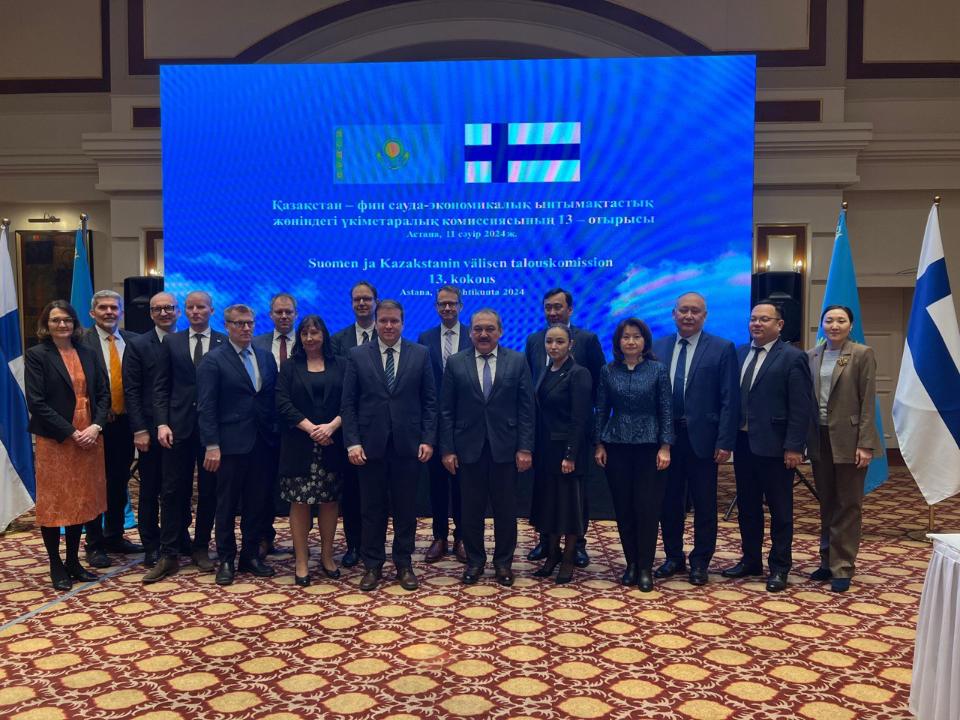AIIB Forwards Construction of Strategic Bridge in Tajikistan
The Asian Infrastructure Investment Bank (AIIB) has approved a loan equivalent to US $75.5 million to Tajikistan for the construction of a 920-meter-long bridge and approach routes on the Obigarm-Nurobod section of M41 International Highway. The bridge is the first of such magnitude in Tajikistan and a critical component of the county’s road network. Linking Corridors 2, 3 and 5 of the Central Asia Regional Economic Cooperation Program, it will provide essential connections between Tajikistan’s landlocked terrain and neighbouring regional markets. Designed to withstand all weathers, the bridge will connect over 350,000 residents of the northeast region of Tajikistan to the capital Dushanbe, as well as the border of Kyrgyzstan. To align with Tajikistan’s National Development Strategy, the government has prioritized its timely completion and construction of the 75-kilometer Obigarm-Nurobod section has been divided into three phases to ensure synchronized implementation. Illustrative of a collaborative approach to advancing sustainable development and enhancing connectivity in Tajikistan, AIIB has fostered close coordination with other financiers, including the Asian Development Bank, OPEC Fund for International Development and European Bank for Reconstruction and Development. Lauding the initiative, Konstantin Limitovskiy, AIIB’s Vice President for Investment Operations in Region 2, commented: “The project aligns with two core thematic priorities of AIIB. First, it contributes to cross-border connectivity by establishing vital cross-border links with improved road safety along Tajikistan's essential corridor and ensuring connectivity between regions. Secondly, it embraces green-finance principles by integrating environmentally and socially responsible practices and promoting resilient sustainable mechanisms in the road infrastructure development.”
